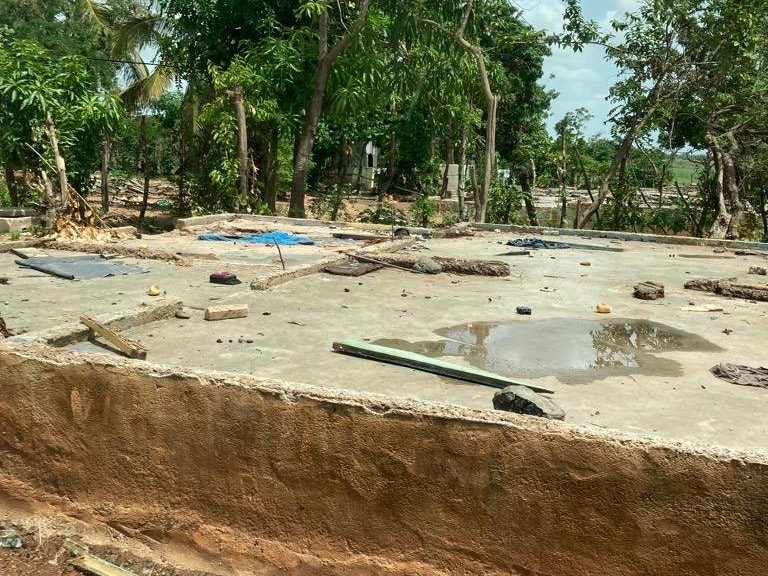Fanjul Sugar Import Ban: One Year Later
One year ago, US Customs and Border Protection banned sugar imports from the Fanjul family-owned Central Romana planation in the Dominican Republic. This was long overdue recognition of the urgent need for sugar reform and a galvanizing moment for our campaign.
While we wish we could report today that Central Romana responded to the ban by improving the working and living conditions of its workers and their families, we are sad—but not surprised—to tell you the opposite is true.
According to a careful new analysis from human rights watchdog The Corporate Accountability Lab, the Fanjuls and Central Romana have turned to their familiar playbook: duck responsibility and pull strings. They've staffed up on lobbyists, leaned on old friends in the Biden administration, and most important, made shambolic change on the ground.
For some Central Romana families, the situation is worse today than it was before the ban. One heartbreaking example is Batey Peligro, a housing community of more than 90 families, some who had lived there for generations. Unlike most Central Romana bateyes, Batey Peligro had electricity and relatively good access to schools and healthcare. None of that stopped Central Romana from evicting the families, demolishing their homes, and moving them—without choice or input—to a more isolated batey without electricity.
Housing foundations after the demolition of Batey Peligro. Photo credit: Corporate Accountability Lab
While the import ban increases the scrutiny and pressure on the Fanjul family, the sugar program in the farm bill eases the pressure by sending hundreds of millions of dollars to the Fanjuls each year. It's an example of the right hand not knowing what the left hand is doing.
The time has come for a coherent American sugar policy. A policy that recognizes sugar reform as a matter of justice and fairness not only in the Dominican Republic but also in South Florida, where generations of families have suffered from toxic cane smoke.
Just before Thanksgiving, Congress extended the farm bill for a year. The extension gives us time to make our case for reform to policymakers and the people who influence them. We're optimistic about our chances so long as you stand by us. Thank you for your support now and in the future.
